Litigation still is a matter of national law. Therefore Belgian litigation often differs from litigation in other countries in many respects. We regularly represent foreign clients in cross-border conflicts before Belgian courts. Our lawyers will gladly explain the Belgian procedural law.
Although the focus of our law firm is on the development of business strategies, we also represent foreign clients before Belgian courts. This is because cross-border business is unfortunately sometimes accompanied by cross-border conflicts. For example, as a foreign entrepreneur you might be confronted with customers in Belgium who do not pay their invoices on time.
It is often advisable to involve a Belgian lawyer already in the out-of-court collection of a debt in Belgium. We usually put the Belgian debtor in default by issuing a final warning. If the debtor does not comply with the demand for payment even after a warning, the only recourse is to take legal action in the Belgian courts. We then initiate the legal proceedings or take care of any other steps that may become necessary.
In principle, we can appear in court anywhere in Belgium. The language of proceedings in Belgium is Dutch or French. There is an exception in the judicial district of Eupen. Here, German is the language of the proceedings. We speak all national languages, so we can represent you in court throughout Belgium.
International jurisdiction of the Belgian court
A claim must be brought before the competent court. The rules on international jurisdiction determine the state in which a court has jurisdiction. Whether a Belgian court has international jurisdiction in a dispute is determined – in the absence of a contractual agreement on the jurisdiction – for civil and commercial disputes between foreign and Belgian parties by the provisions of Regulation (EU) No 1215/2012 on jurisdiction and the recognition and enforcement of judgments in civil and commercial matters.
In the case of disputes with a foreign connection, the general place of jurisdiction is generally established at the registered office of the defendant. According to this provision, a creditor domiciled abroad must sue a person or a company domiciled in Belgium before a Belgian court.
In addition to the general rule of jurisdiction, the Regulation provides for special jurisdictions. According to these, a person domiciled in one member state may be sued in another member state if a contract or claim arising out of a contract forms the subject matter of the proceedings. In this case, the court of the place where the obligation has been performed or would have to be performed also has jurisdiction. For the sale of movable goods, this is the place where they were delivered or should have been delivered under the contract. For the provision of services, it is the place where they were provided or, according to the contract, should have been provided.
In addition, the Regulation contains some exclusive jurisdictions that supersede the general and special jurisdiction.
Jurisdiction within Belgium
If the rules on international jurisdiction indicate that a Belgian court has jurisdiction, the substantive and territorial jurisdiction within Belgium remains to be clarified. This is governed by the Belgian Judicial Code (Code Judiciaire / Gerechtelijk Wetboek).
There are several courts in Belgium:
First instance
-
- Court of First Instance (Tribunal de première instance / Rechtbank van eerste aanleg)
- Justice of the Peace (Juge de paix / Vrederechter)
- Commercial Court (Tribunal de l’entreprise / Ondernemingsrechtbank)
- Labour Court (Tribunal du travail / Arbeidsrechtbank)
- Police Court (Tribunal de police / Politierechtbank)
Appeal
-
- Court of Appeal (Cour d’appel / Hof van beroep)
- Labour Court (Cour du travail / Arbeidshof)
Revision
-
- Court of Cassation (Cour de cassation / Hof van Cassatie)
The local jurisdiction of a Belgian court is generally determined by the domicile of the debtor or the registered office of a legal person as debtor. However, the plaintiff may also choose, for example, the place where the debt arose or is to be discharged.

